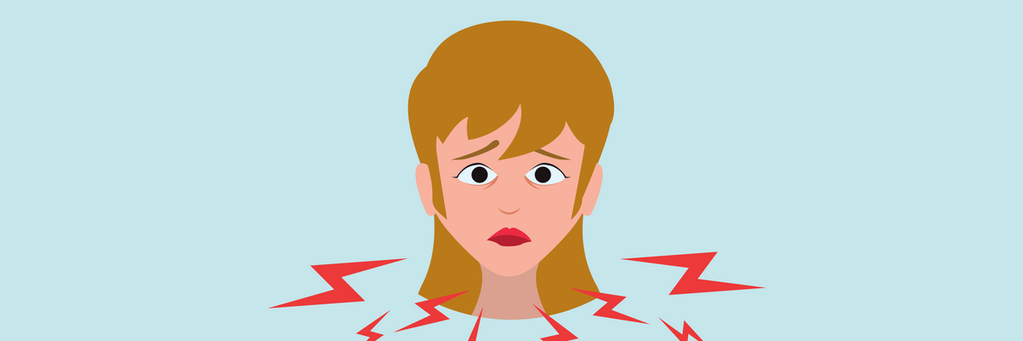WHAT IS WHIPLASH?
Whiplash is an injury sustained when the body is subjected to a rapid acceleration – deceleration event. The main mechanism of this injury is motor vehicle accidents. Whiplash mainly affects the spine, however any body part can sustain a whiplash type injury. The most common part of the spine that is affected is the neck due to the heavy weight of the head being accelerated in one direction, followed by the recoil effect in the opposite direction.
what have i injured?
The truth is that whiplash injuries rarely amount to a serious injury to the tissues. It is more that there is a low grade injury to a large number of pain sensitive tissues – ligament, nerves, muscles and even the discs in the spine. Because they are overstretched, a small amount of tearing will occur. And this means that you will produce inflammation. Inflammation by nature has chemicals that irritate nerve endings which will increase your pain.
Stages of the Injury
- 1Injury – this is the point the injury happens. Microscopic tearing will occur and within 15 minutes a small amount of haematoma (bleeding) may occur. Inflammation begins to appear very quickly at this time also.
- 2Inflammation – after any injury, swelling occurs to an area. In the spine and the neck, you are unlikely to see any swelling as there are so many layers of muscles, but believe me, there’s some swelling there.
TREATMENT TIP – reduce inflammation immediately. Go to your GP and get some anti-inflammatories, even if you are not sore after a car accident. You could save yourself a lot of pain in the long run. Keep your neck moving. Swelling and inflammation ‘stick’ tissues together making movement painful later on. See a physio ASAP after the injury so you can be given exercises to avoid any complications.
- 3Repair - within 5 days of the injury, new collagen is being formed repairing the injury and by 14 days, the collagen is mature and strong. The only issue is that the collagen is laid down in the form of scar tissue which is irregular and often restricts movement and can increase pain. It may only be a tiny amount, but you will need to start stretching a little bit more vigorously once the collagen is mature.
- 4Remodelling – remodelling is where the scar tissue is gradually changed to normal functioning tissue. For massive tear this could take up to a year, but with whiplash, this should be sooner, perhaps about 12 weeks. Tissue is remodelled based on how you use it. If you are not doing the correct exercises then it will not remodel properly. Talk to your physio about how you can make sure the tissue remodels correctly so you have normal movement.
complications
Unfortunately, many people don’t quite recover as quickly as they should. And there are many reasons why this might be the case. We wanted to break down a few of the common reason to help you understand why your recovery might be taking a bit longer
So, there you have it! Now you know what happens, how your body heals and why you might now be recovering quite as quickly as you should.
You can book an appointment with an Inbalance Physio and Wellness expert online or call (07) 3106 3319.


